The Washington Post slammed the Obama administration’s continued delay of a Keystone XL decision, calling it “absurd” and “embarrassing.” And for good reason—in fact, many good reasons. Below are seven of the most compelling.
- Jobs and economic growth. Opponents will minimize the job numbers, saying that the pipeline will create only “a handful” of permanent jobs—and that’s correct. But that argument also dismisses the tens of thousands of construction jobs that the pipeline project will create. In fact, simply building the southern portion—which didn’t need President Obama’s approval—has already created 4,000 construction jobs. Keystone XL also will add economic value, and will result in billions of dollars of tax revenue for states it runs through.
- Can be built without the help of the taxpayer. Building and operating Keystone XL will result in real private-sector jobs that will grow the U.S. economy. This is much different from the president’s taxpayer-funded green jobs plan that merely siphons resources out of the market and forces pricier energy on the American public.
- Safest mode of getting oil and gas to Americans. Many in the United States live near a pipeline without even knowing about it. America has more than 500,000 miles of crude oil, petroleum and natural gas pipelines and another 2 million miles of natural gas distribution pipelines. When it comes to accidents, injuries or fatalities, pipelines are the safest mode of transporting oil and gas.
- Environmentally safe. It was Albert Einstein who said the definition of insanity was “doing the same thing over and over again and expecting different results.” The State Department must be teetering on the edge of insanity, because after multiple environmental reviews concluding that Keystone XL poses minimal environmental risk to soil, wetlands, water resources, vegetation, fish, and wildlife, we’re still without a pipeline.
- Negligible climate impact. In a speech last June, Obama said the climate effects of Keystone XL would have an impact on the administration’s ultimate decision. These effects, however, would be minimal. The State Department’s final environmental impact statement concludes that the Canadian oil is coming out of the ground whether Keystone XL is built or not, so the difference in greenhouse gas emissions is miniscule.
- Stable supply of oil from an important trading partner. The pipeline would carry up to 830,000 barrels of oil from Canada to the Gulf Coast, where U.S. refineries are already equipped to handle heavier crudes. The pipeline will efficiently provide supply from a secure source and a friendly and important trading partner.
- The people want it. Lots of people want it. A new Rasmussen poll shows that 61 percent of the American public favor building the pipeline. Many unions want it. When Hillary Clinton was secretary of state and was asked about the pipeline approval, she answered, “We are inclined to do so.” Former Secretary of Interior Ken Salazar called the project a “win-win.” These comments put Salazar in the company of AFL-CIO President Richard Trumka.
It was former Secretary of Energy Stephen Chu who said it most accurately: “The decision on whether the construction should happen was a political one and not a scientific one.” It’s time to stop politicizing and start building.
Read the Morning Bell and more en español every day at Heritage Libertad.
Quick Hits:
- The U.S. just sent 600 soldiers to the three Baltic states of Latvia, Lithuania and Estonia. Here’s why this is important.
- Why would thousands of Americans give up their citizenship status??
- These countries want to censor the Internet. We can’t let that happen.
- This state took one small step toward making U.S. policy on abortion less extreme among developed nations.
- Boeing doesn’t need the Export-Import Bank to help its sales. And neither do taxpayers.
- On foreign policy: It turns out the Obama Administration knew the serious situation they turned into a joke during the election.
- New poll proves Americans know that the lack of answers on Benghazi is wrong.









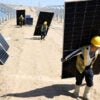
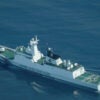
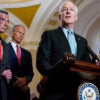














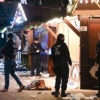

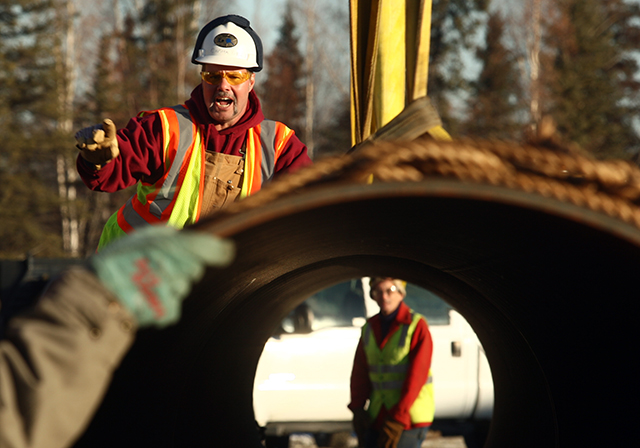
One Reply to “7 Reasons Nothing Should Stand in the Way of the Keystone XL Pipeline”